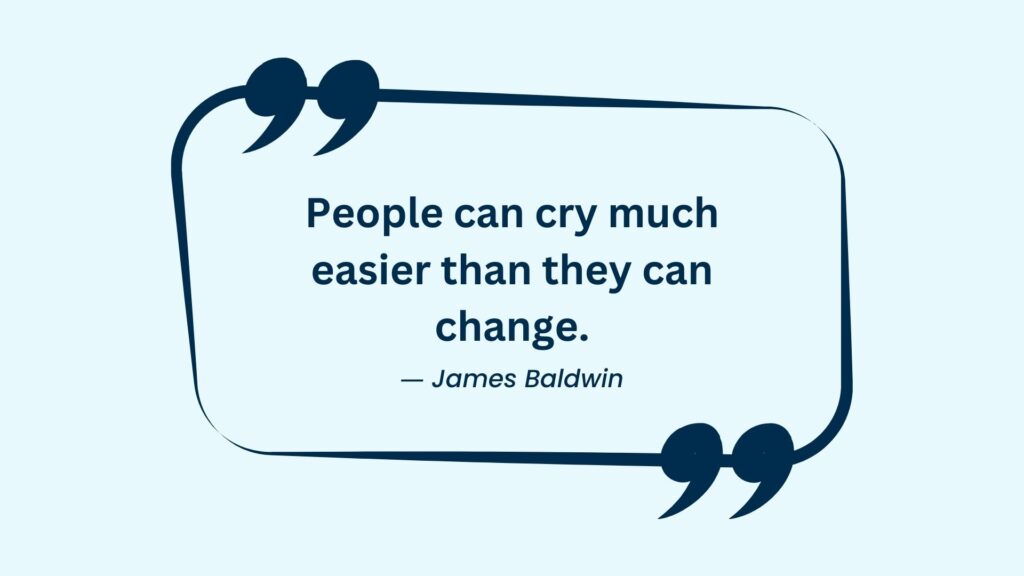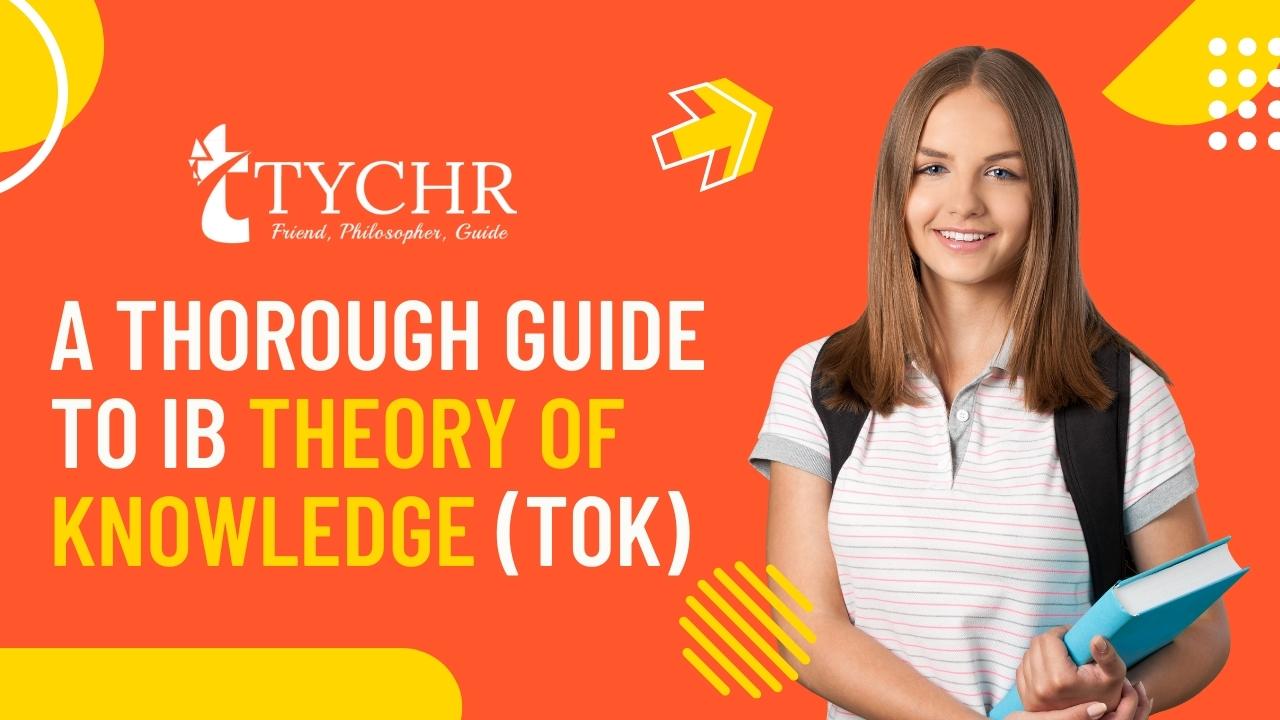Table of Contents
Theory of Knowledge or ToK is a core component of the IB Diploma Programme that the student is required to take up as a subject. The TOK requirement is central to the educational philosophy of the Diploma Programme. It also gives the opportunity of contemplating the nature of knowledge to the student. This component also allows the students to explore their own perspectives as they intersect with areas of knowledge. The curriculum is designed in a way to make IB students inquire and instill curiosity in various areas of knowledge.
The ToK curriculum includes:
- Ways Of Knowing (WOK): A combination of ways of knowing (in no particular order) such as sense perception, reason, emotion, faith, imagination, intuition, memory and language.
- Areas Of Knowledge (AOK): This includes mathematics, natural sciences, human sciences, history, religious knowledge systems, indigenous knowledge systems, the arts and ethics.
Factors that cut across individual ways of knowing and areas of knowledge:
- Nature of knowing
- Knowledge communities
- Knower’s perspective and applications of knowledge
- Validations of knowledge claims
ToK is assessed based on two things:
- The student needs to apply ToK in real life situations through an exhibition which will then be assessed internally. The student needs to choose 3 objects and one IA prompt prescribed by the IB. Explanation for why you chose the object and how it is impacting in the real life world without. The learner is expected to discuss why the topic he/she has chosen is significant, connecting it to a pertinent knowledge question and examining the implications of approaching the question from a different perspective. This would be internally scored using four assessment criteria. The total score is converted into grades ranging from A to E. If an IB aspirant fails to submit either the TOK essay or TOK presentation, or receives grade E for either the extended essay or theory of knowledge, he/she will not be awarded the diploma.
- The 1600 word essay that needs to be written on one of the 6 prescribed titles given by IB. This requires more conceptual thinking since it relates to real life instances rather than applying it. This essay is assessed by external examiners. The student is expected to put forward claims and counterclaims, interconnecting knowledge issues to areas ofknowledge and ways of knowing, substantiating original sense of thinking. Essays running beyond 1600 word limit will not be read by the examiner and one mark will be deducted as penalty.

Here are some sample TOK essay titles from 2018 May:
- Are interdisciplinary approaches to knowledge confusing?
- More knowledge increases doubt. (Goethe quote)
- Knowledge requires an assumption of uniformity.
- Suspension of disbelief is essential to knowledge.
- Historical duration of disciplines of knowledge.
- Robust knowledge requires both consensus and disagreement.
The total score is converted into grades ranging from A to E. If an IB aspirant fails to submit either the TOK essay or TOK presentation, or receives grade E for either the extended essay or theory of knowledge, he/she will not be awarded the diploma. The table below encompasses a gist of the marking scheme:
| Theory of Knowledge | ||||||
| Extended Essay | A | B | C | D | E | |
| A | 3 | 3 | 2 | 2 | Failing Condition | |
| B | 3 | 2 | 2 | 1 | ||
| C | 2 | 2 | 1 | 0 | ||
| D | 2 | 1 | 0 | 0 | ||
| E | Failing Condition | |||||
Also Read – Do you Really Need An IB Tok Tutor?
How is TOK structured?
As a thoughtful and purposeful inquiry into different ways of knowing, and into different kinds of knowledge, TOK is composed almost entirely of questions.
The most central of these is “How do we know?”, while other questions include:
- What counts as evidence for X?
- How do we judge which is the best model of Y?
- What does theory Z mean in the real world?
Through discussions of these and other questions, students gain greater awareness of their personal and ideological assumptions, as well as developing an appreciation of the diversity and richness of cultural perspectives.
ToK expects students to look at and approach everything from a ToK point of view, meaning, they explore and share their views on “knowledge questions”. Everything in ToK isn’t meant to be right or wrong since they are all personal opinions and views of different people. As long as the question is spoken about from both sides and the idea is justified with quality evidence, students should be able to convince the reader that what the students point of view is correct.
Frequently Asked Questions (FAQs)
Q1: What is IB Theory of Knowledge (ToK)?
A: IB Theory of Knowledge (ToK) is a course that is part of the International Baccalaureate (IB) Diploma Programme. It is designed to develop critical thinking skills and encourage students to reflect on the nature of knowledge across different disciplines.
Q2: What topics are covered in IB Theory of Knowledge (ToK)?
A: Topics covered in IB Theory of Knowledge (ToK) include the nature of knowledge, the ways in which knowledge is acquired and evaluated, the relationship between knowledge and belief, the role of language and perception in shaping knowledge, and the influence of cultural and historical contexts on knowledge.
Q3: How is IB Theory of Knowledge (ToK) assessed?
A: IB Theory of Knowledge (ToK) is assessed through an oral presentation and a written essay. Students are required to select a knowledge question from a list of prescribed titles and develop an argument in response to the question, drawing on their own experiences, knowledge, and research.
Q4: What are the benefits of studying IB Theory of Knowledge (ToK)?
A: Studying IB Theory of Knowledge (ToK) helps students develop critical thinking skills, analytical skills, and an understanding of the complexities of knowledge across different disciplines.
Q5: How can someone prepare for IB Theory of Knowledge (ToK)?
A: Someone can prepare for IB Theory of Knowledge (ToK) by reading and engaging with a variety of sources across different disciplines, practicing critical thinking and analytical skills, and reflecting on their own experiences and beliefs.
https://www.ibo.org/programmes/diploma-programme/curriculum/theory-of-knowledge/what-is-tok/
https://www.catalyzecenter.com/blog/2018/february/ib-theory-of-knowledge.html
https://ibtokessaytutor.com/ibtokessaytopics/May2018/ibtokessaytitlesMay2018.shtml







